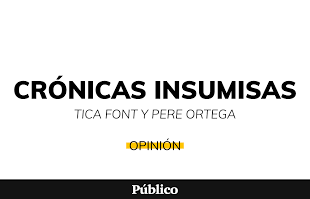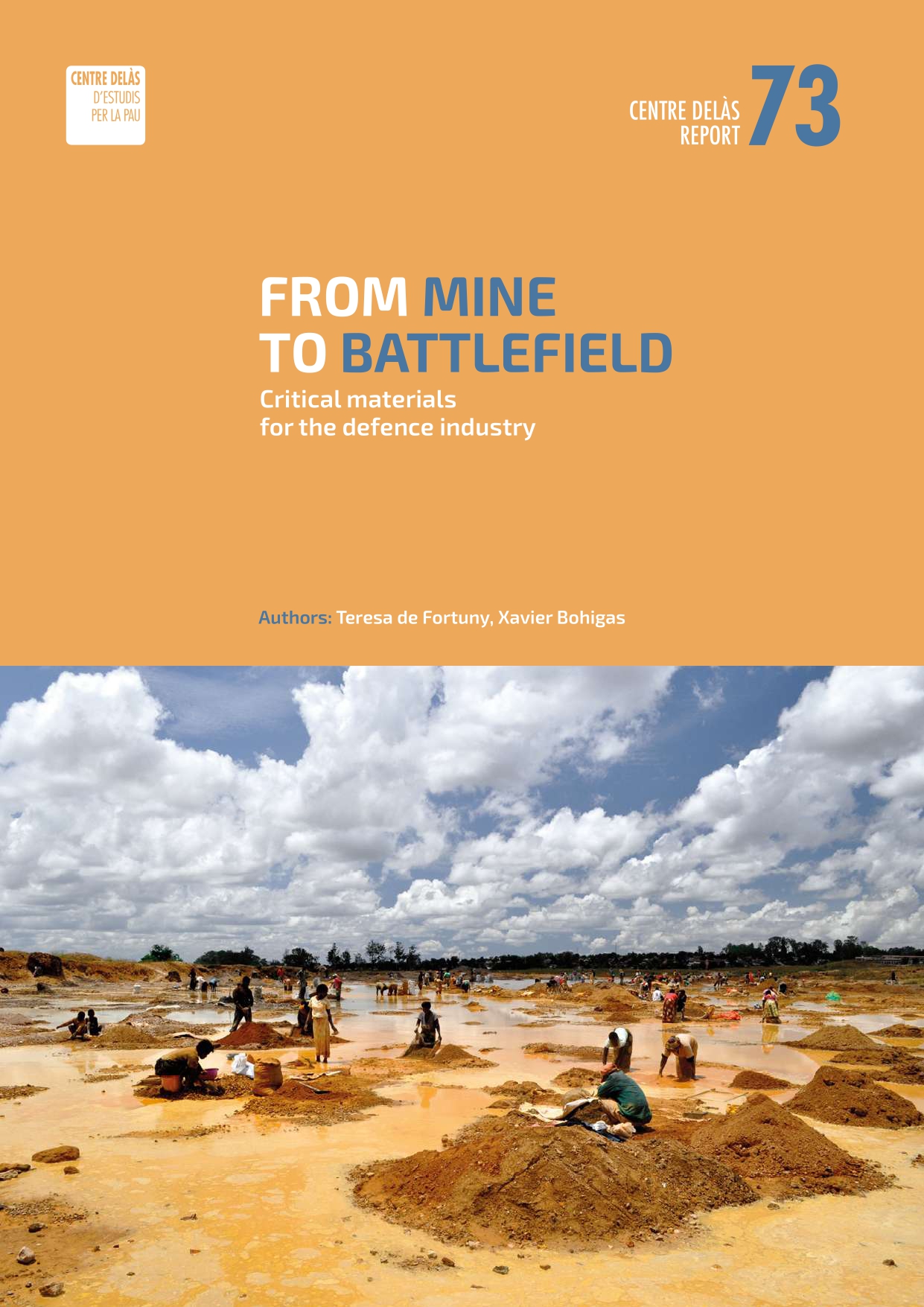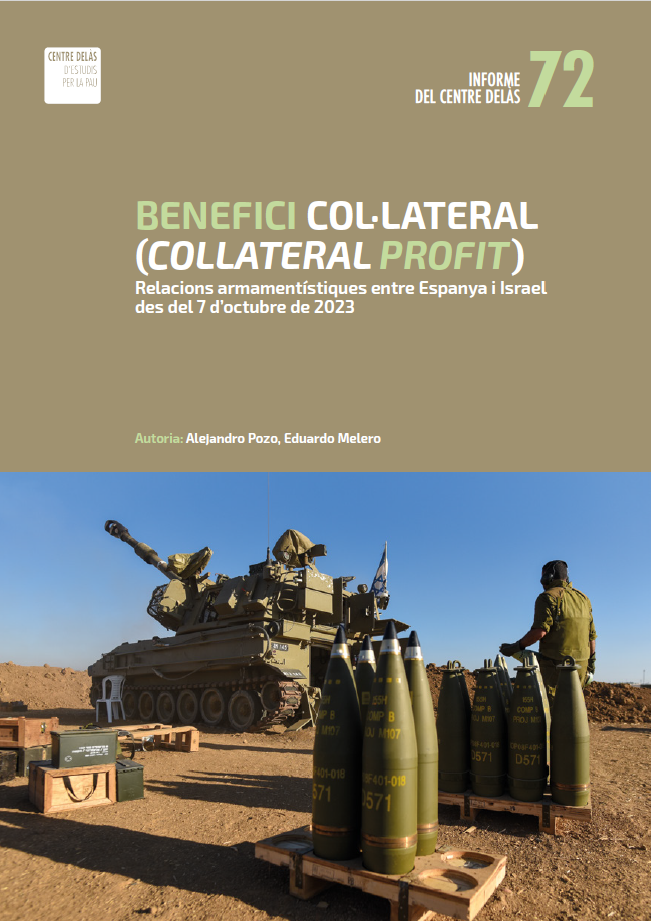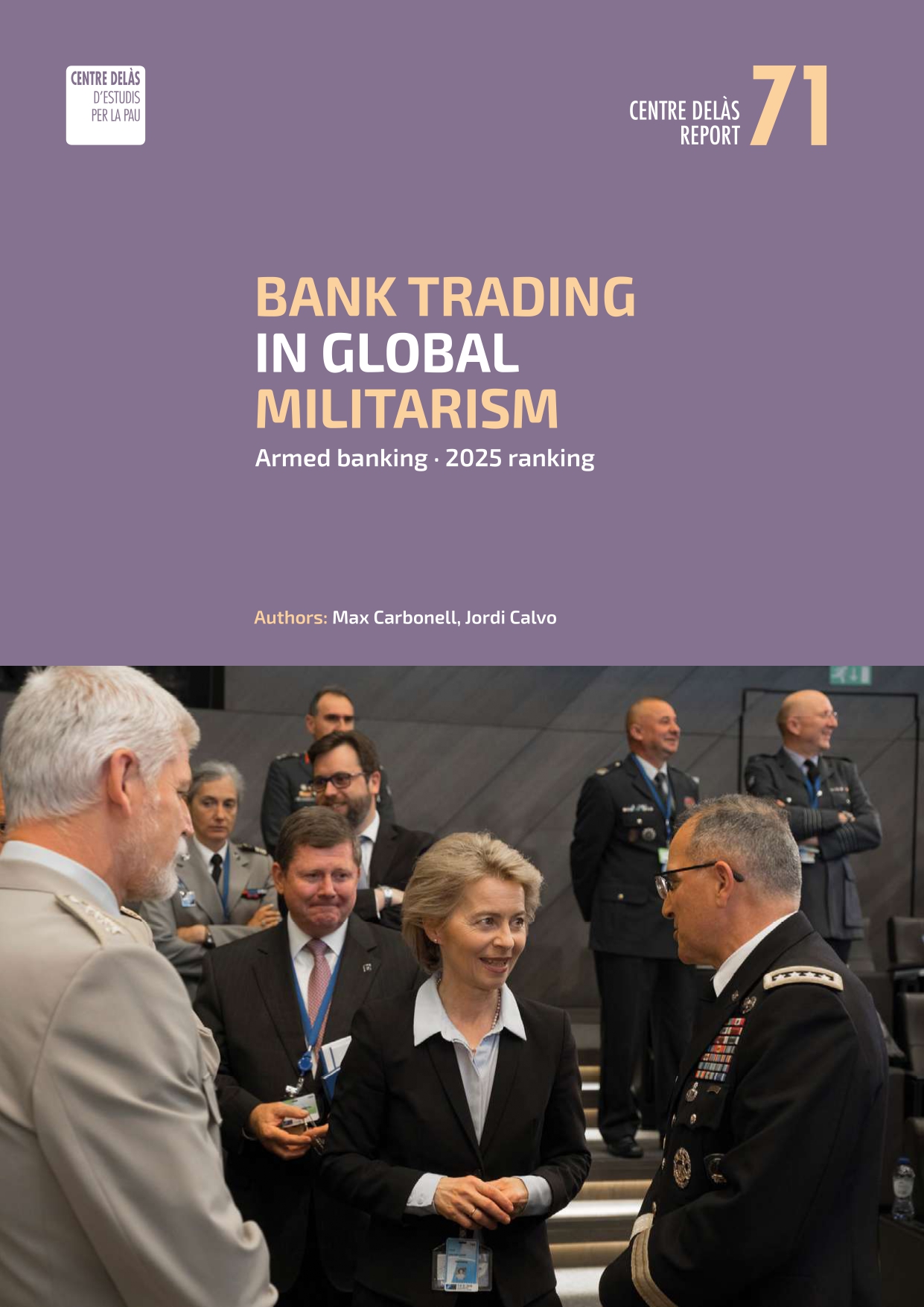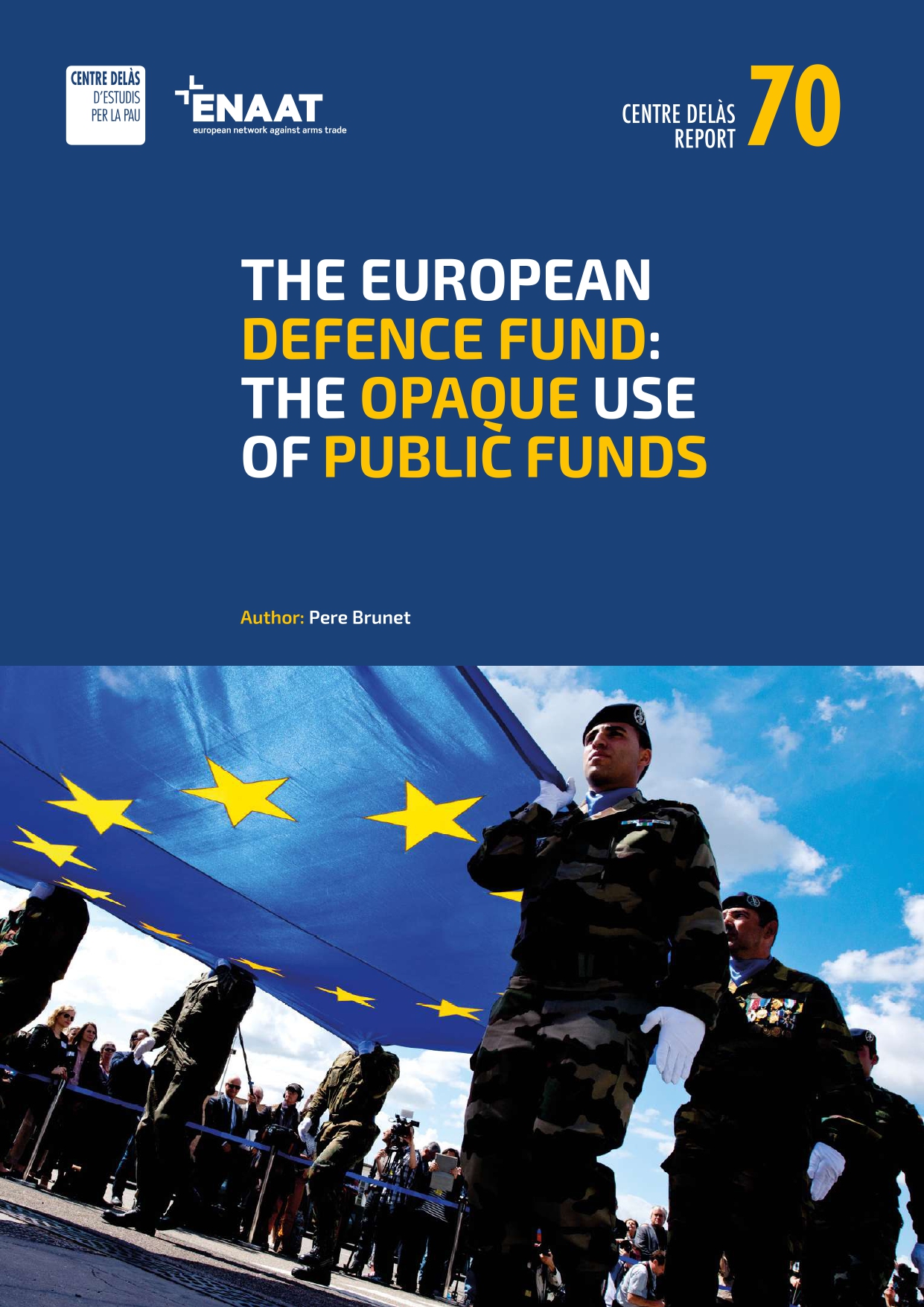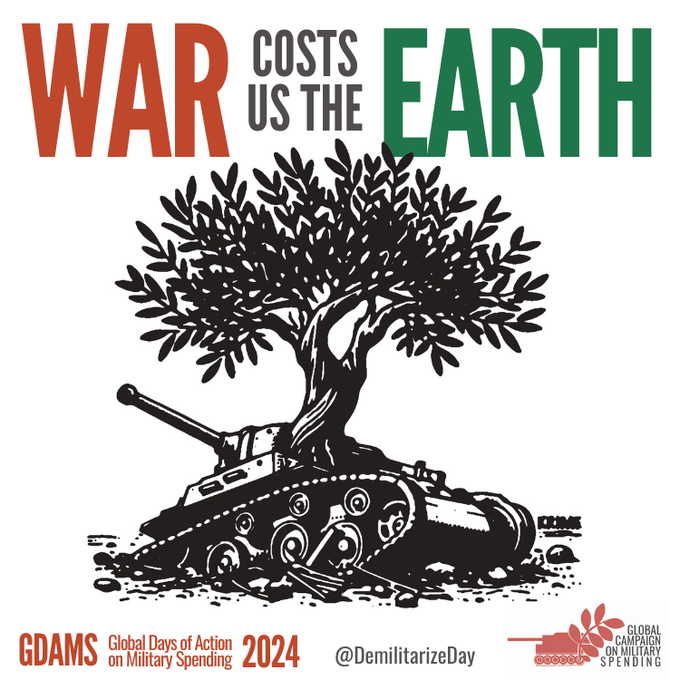Is a Nation without an army possible in the 21st Century?
Armies were first conceived to provide security to states and to defend from potential external attacks. This approach has pushed states to arms themselves with powerful armed forces to deter attacks from other states. The universal character of this argument has been generalized by fear that has lead to a vicious cycle with seemingly no limits: The current arms race. As of today, in the EU there are 1,559,000 soldiers, NATO has 3.858 million soldiers and worldwide there are as many as 20.8 Million. Without a doubt that is an excessive number of soldiers to confront the risks, threats, and dangers of the real world, in addition to the $ 1.8 billion in global military spending.
The arrival of globalization and its subsequent interdependence has reduced wars between states and has changed the global geopolitical landscape as armies have lost much of the role that they had in the past. The 21st century heralds a paradigmatic shift in the UNDP report of 1994 which, in the name of human rights and security, a new approach developed in which the state is no longer the subject to protect itself, but rather the people are. This is a concept in which aspects of the military are passed to a second term and that emphasis is placed on issues that make people people insecure or threatened.
Most of the documents on which security strategies are founded upon in Europe, including Spain, to deal with risks and hazards introduce threats to the aforementioned human security. All disasters are defined as: climate change, and natural disasters. Nuclear disasters like in Chernoybl and Fukushima, hunger, large migrations, economic and financial instability, energy vulnerability, industrial spying, cyber attacks on critical structures such as power plants, airports, and water treatment, etc…
Taken in isolation it does not appear that an army would be capable of remedying or resolving such threats if they were to act, and in some cases, for example today in Tibet, they do it as a sperate body or NGO civil security. This is a role for which they were not designed, which is simple to train for war, while a civilian boy would be less expensive.
The same strategy papers point to other threats violence: international terrorism and organized crime. While these are both real threats of danger, it appears that neither can be countered or defeated by armies. Both threats operate in the underground and are more handily deterred by internal security forces and the judiciary.
Finally there are threats of military nature, some of which seem to justify an army: the only seeming to be proliferation of weapons of mass destruction and armed conflicts tha destabilize world peace. These are threats that certainly must be addressed. With respect to Nuclear arms, biological, and chemical weapons are adequately addressed in the UN policies which is disarmament until total prohibition and disappearance, which have not yet been achieved, as with the case of nuclear arms but the UN continues to try and implement their abolition where today they meet to renew the TNP. Armed conflicts are without doubt more complicated but the priniciple of caution should always be heeded: “not to intervene if the evil that it would cause is greater than that which it seeks to remedy.” As a result, nations should pursue less costly prevention along with solutions through regional and global organizations like the UN with political and economic pressure, commercial embargo, or peace conferences. Military interventions, in addition to not solving anything, ( war creates conflicts that takes generations to transcend , see Bosnia, Afghanistan, Iraq and Libya ) and would certainly be less costly in terms of human lives and destruction. Finally, and if it is necessary, militaries must intervene to implement the peace, UN bodies should be provided to maintain safety.
Thus you might consider the reduction, or even disappearance of hosts as the benefit of national security in the hands of regional or international bodies which saves the enormous costs which such maintenance requires. Military spending by Spain in 2015 will be €16.679 Million if military items distributed by other ministries are added as well. In the EU €258,000 Million and NATO had €863,000 in 2013 as well.
We must instead dedicate ourselves to invest in human security. This new concept transcends the violence of war through two approaches: one socioeconomic and another environmental for people who want to live without fear and free by ensuring ensuring social justice and equity in the fields of labor, food, housing , environment , education , health and other social coverage .
Today in the world there are 243 states, 194 of who are members in the UN. Do all of them need any army, surely not. To allow for the reduction or elimination of national armies we should: establish links of shared security with neighboring countries to ward of danger of clashes; create and support regional and global organizations of conflict mediation and resolution; work to reform the UN and other regional multilateral organizations to enable troops to provide for their own safety. Surely all these improvements would save human lives and resources that could be devoted to human development and world peace.
Read the article in Público

